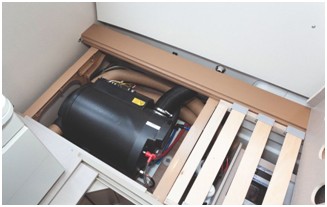Hot water can be a luxury when living in a van but lots of people find it adds comfort when on the road. There are lots of ways to get hot water in a van and this article will introduce you to some of those methods and their pros and cons.
1. Household / Outdoor LPG instant water heaters
Pros:
● Cheap
● Easy to fit
Cons:
● Not designed to use in a vehicle
● No external air intake and no flue - there are risks around oxygen depletion and negative pressure in the van
● Limited parts availability - imported from the far east
● Very unlikely to be approved or certified
● Possible insurance problems
2. Water Heating from Batteries
Pros:
● Simple to use
Cons:
● Battery bank not realistically feasible at a sensible cost - must have power to heat reasonable amount of water when off-grid
● Solar provision and weather conditions would have to be substantial to recharge off-grid
3. Solar Thermal
Pros:
● Off-the-shelf, low-cost and fitted or DIY options are available
● Easy to install
Cons:
● Only viable to use in locations / seasons with plenty of sun
● Limited Supply / Weather dependent
4. Kettle
Pros:
● Simple
● Cheap
● Easy to use
● Portable
● Multi-functional
Cons:
● Cannot get constant supply of hot water
● Only used for small tasks like washing dishes, hands or body
a. Storm Kettle
This is the Kettle option that can be used outside of the van. It can be run on pretty much anything. It burns on twigs, pinecones, paper, dry sheets, etc. The design means the water is held in a jacket around the chimney so the heat transfers very quickly from a very small fire boiling in around two minutes. They are available in various sizes.
b. LPG Stovetop Kettle
This is the Kettle option that can be used inside of the van. It is the best option to be used on cooktops to heat water easily.
5. Thermos Flask
Pros:
● Can get a bit more constant supply of warm water over Kettle
● Can top up when boiling kettle to have a more regular and accessible source
● Simple tasks like hand washing or washing up can be done without the hassle of permanent installation
Cons:
● Comparatively cannot get a good constant supply and can do only small tasks
6. 240V only Kettle / Coffee Machine
Pros:
● Low cost
● No permanent installation
● Can be used when spending time on a campsite with a hook up
Cons:
● Only a small amount of hot water can be obtained
● Have to be conscious of the current used, may trip campsite supply if too high
7. 240V only Water Heater
Pros:
● Can get a constant supply of hot water
● Low cost
● Easy to install
● Can be used if mainly using campsite with a hook up
● Some of these can be linked to blown air heating to give some level of off-grid use which work by routing the air heating pipe back through the water heater
Cons:
● Need to be cautious of “instant” 240V Water heaters as due to the high current need, they are likely to trip van or campsite supply
● The diesel or gas blown air heater method isn’t very efficient
8. Instantaneous LPG heaters
Pros:
● Designed for in-vehicle use
● Single fuel
● Economical on gas - only burns when water required
● Limited only by the amount of water you carry
● External air intake and flue
Cons:
● Expensive
● Cannot be used on 240V - always have to use gas even if you’re on hook up
● Takes a bit of time until you get hot water - cold water wasted until it gets up to the temperature
● No frost protection - not recommended to use below 0 ℃, will have to drain it each night to prevent damage
● New in the market - difficult to judge the long term reliability and parts availability
9. Engine Coolant - Calorifier
Pros:
● Designed for in vehicle use
● If you are regularly travelling between sites, the waste engine heat can be used to heat water
● Using a calorifier, the engine coolant pipes can be routed into the water tank and the heat exchanger will heat the water
● Single fuel
● Simple in theory
Cons:
● Complex to install - not off-the-shelf
● Engine needs to be run to heat water
10. Diesel only Water Heater
Pros:
● Designed for in vehicle use
● Can provide heating with added radiators
● Single fuel
● Parts plentiful
Cons:
● Can be run only when stationary
● Complex to install - needs calorifier tank to store the water once heated
● Dirtier combustions than LPG - need more regular / complex servicing
● Expensive
11. Dual Fuel LPG / 240V Boilers
Pros:
● Self-contained LPG 240V water heaters including a Tank and a Heater have long been favored by van and motorhome manufacturers
● Designed for in-vehicle use
● Flexible fuel source - great for both on-grid and off-grid
● Water always hot and protected from frost - fine to use in subzero temperatures
● Parts plentiful
● Proven design
● New and Second hand options
● Reasonably simple to install combining Heater and Tank
12. Dual Fuel LPG / 240V Under Vehicle
Pros:
● Designed for under-vehicle use
● Flexible fuel source
● Water always hot and protected from frost
● Space saving design - no need for flue or vent inside the van
● Reasonably simple to install combining Heater and Tank
● Just a small hole to the floor allow pipes, electrical connections and drain valve into the living space
Cons:
● Relatively new to market - difficult to judge the long term reliability and parts availability
https://www.24homart.com/products/water_heater/storage_water_heater_/cylinder_ewh/fje_b.html
13. Combination Blown Heating and Hot Water
Pros:
● Designed for in-vehicle use
● Saves space as it just has one unit
● Flexible fuel source (LPG / 240V or Diesel / 240V) - great for both on-grid and off-grid
● Water always hot and protected from frost
● Plentiful parts
● Proven design
● Reasonably simple to install
Cons:
● Expensive
14. Combination Radiant Heating and Hot Water
Pros:
● Designed for in-vehicle use
● Uses liquid rather than blown air to radiate heat in the space of the van
● Water always hot and protected from frost
● Flexible fuel source (LPG / 240V)
Cons:
● Complex to install
● Bulky - require fitting of expansion tanks and radiant elements
● Expensive
● Take up plenty of room in the van
Best cases of Water Heaters used in different scenarios
1. Simple / cheap off-grid
Kettle, Flask, USB powered shower, shower tent
2. Mainly use Campsites
240 V Water Heaters / Tank
3. Off-grid (already have heating)
Compound LPG 240V Water Heater and Tank
4. Off-grid (ultimate setup heating and hot water)
Combination Blown Heating and Hot Water

Please give us a message
DINGXIN story
One electric water heater branded as Dingxin, which has warmed Mr Chen for 22 years. In 1991,Mr Chen bought a new water heater and normally lived with it as long as 22 years in Wenzhou
The Family business
DINXIN ADVENTURE THROUGH 2 GENERATIONS, FROM THE START IN 1986 TO TODAY.
The family business
The founder –Dong Wanwen– started “Dingxin” (in Wenzhou in 1986, as one of the first water heater manufacture in China. With minimal resources he created the first vented water heater in Wenzhou. He has, during his 30 years in Dingxin, mixed friendly industry and home culture in a unique way and has given Dingxin the recognition as one of the earliest enterprises in china.
2rd generation –Eric Dong,is devoted to improving Dingxin’s products and processes and desires to build the company brick by brick,. The pioneering spirit lives on with product innovations featuring integrated solutions, ground-breaking material technology and added value for our customers.
Three main markets oriention of Dingxin:
• Northern China: Thanks to trust and confidence from our customers, Dingxin engages a attractive market share in North China over the last 30 years. Our products named as Dignxin delivers well-being and hotwater to two-thirds of all homes in the three north-east of provinces of china, with durable lifetime economy.
• OEM/EXPORT: We are proud to supply water heaters to various brands in the heating industry all over Europe,South America,South asia. OEM is an important part of our business because it inspires and motivates us to think innovatively, be flexible in our approach and challenge traditional mind-sets.
• Kitchen&bathroom branch: Dingxin focuses on the domestic market of kitchen&bathroom since 2016 and whose sales make up about 40% of the turnover and gives us a unique perspective and knowledge of related business lines and innovative marketing strategies which benefit all our customers.
DINGXIN story
One electric water heater branded as Dingxin, which has warmed Mr Chen for 22 years. In 1991,Mr Chen bought a new water heater and normally lived with it as long as 22 years in Wenzhou
Historic milestones
Dingxin launched a promise to replace the water heaters free of charge for those were purchased before 1995 and still normally used up to 2015. When Mr. Zhang saw this news,he immediately rushed to the Dingxin franchise shop of department store in Taiyuan city, Shanxi province. the Dingxin staff there offered Mr. Zhang for a free replacement service;
One electric water heater branded as Dingxin, which has warmed Mr Chen for 22 years. In 1991,Mr Chen bought a new water heater and normally lived with it as long as 22 years in Wenzhou .when Dingxin launched a campaign that every home could receive new water heater replacement installation service free of charge only if who purchased Dinxin water heaters before 1995 and still normally adopt it with over 22 years, Surely Mr Chen belongs to the ones who could received this fantastic service launched by Dingxin.
Mr. Zhu, in Dingxin franchise department, purchased two electric water heaters in 1988 and he spent ¥500 in all. When it comes to 2014, the two electric water heaters have been in its life time for 26 years and still have been in fantastic condition. The Dingxin promise to offer free replacement service of the two water heaters
In 1993, Mr. Wang purchased this water heater in franchise department of Tangshan city, Hebei province.and it is well in circulation for over 23 years, Dingxin offer free replacement service out of security considerations in 2015
Warranty Information
Dingxin warrants for 2 years from the date of purchase, that the Product will: i) conform to Dingxin approval specification, ii) be free from defects in materials and workmanship, subject to conditions below. All electric components carry a 2-year warranty
Scope
Dingxin warrants for 2 years from the date of purchase, that the Product will: i) conform to Dingxin approval specification, ii) be free from defects in materials and workmanship, subject to conditions below. All electric components carry a 2-year warranty.
The warranty is voluntarily extended by Dingxin to 5 years for the premium models. This extended warranty only applies to Products purchased by a consumer, that has been installed for private use and that has been distributed by Dingxin or by a distributor where the Products have been originally sold by Dingxin.
The extended warranty does not apply to Products purchased by commercial entities or for Products that have been installed for commercial use. These shall be subject only to the mandatory provisions of the law. The conditions and limitations set out below shall apply.
Warranty Information
Dingxin warrants for 2 years from the date of purchase, that the Product will: i) conform to Dingxin approval specification, ii) be free from defects in materials and workmanship, subject to conditions below. All electric components carry a 2-year warranty
Coverage
If a defect arises and a valid claim is received within the statutory warranty period, at its option and to the extent permitted by law, Dingxin shall either; i) repair the defect, or; ii) replace the product with a product that is identical or similar in function, or; iii) refund the purchase price.
Dingxin possess all property of any exchanged Product or component. Any valid claim or service does not extend the original warranty. The replacement received Product or part does not carry a new warranty.
Manufacturing
Excellent working condition & longer service life: no leakage, rust-free, high strength and strong resistance to corrosion
Tank comparison
COMPARISION BETWEEN SS TANK AND ENAMEL TANK
ENAMEL TANK
Porcelain Enamel Tank - is a trusted & proven technology for inner tank of water heaters. Used widely across the world, it is ideal for long life & trouble free performance in all kinds of water. More than 95% of water heaters produced worldwide are with enamel tanks. Corrosion protection is very good due to fusion of glass layer to metal.
SS TANK
Stainless Steel Tank - this is an outdated technology that manufacturers are moving out of now. Corrosion protection is very poor, particularly in hard water and due to poor welding quality.
SL Description Enamel Tank SS Tank
1 Protection Coating Porcelain Enamel -
2 Coating Type Inorganic None
3 Coating Thickness 250 - 400 microns None
4 Coating Adhesion Fused with metal None
5 Baking Temperature 850 deg C -
6 Life of the Coating Long life -
7 Usage Widely used Internationally Limited. In very few countries
8 Material Mild Steel Stainless Steel
9 Thickness 2.0mm 0.63
10 Rated Pressure 8kg/cm2 3kg/cm2 & 6kg/cm2
11 cathodic protection Magnesium Anode -
12 Hard water Suitability Good Poor
13 Corrosion Protection V.Good Poor-Average
14 Hot Water resistant V.Good V.Good
15 Approved Quality Standards BIS, IEC, DIN & UL BIS
HARD WATRT
As so common problem for millions of households across the country.Hard water means excessive dissolved minerals, specifically calcium and magnesium in tap water various in different countries.
Hard water is a negative impact because of much limescale it brings, Thus, in water heaters the heated hard water forms a scale of limescale deposits on the tank surface and reduces the heat conductivity of heaters sometimes even leading to its breakdown. and this contributes to inefficiency and costly electricity bill . Limescale has been known to increase energy bills by up to 25%.
Efficiency loss chart(limes scale thickness as variable)
Manufacturing
Excellent working condition & longer service life: no leakage, rust-free, high strength and strong resistance to corrosion
Water heater tank
Advantage of Enamel coating water tank:
1. Excellent working condition & longer service life: no leakage, rust-free, high strength and strong resistance to corrosion。
2. Clean energy and green product: no poisonous metal such as plumbum, hydrargyrum and chromium, bring health to your life。
3. Do good to heat preservation
1. Excellent working condition & longer service life
2. Clean energy and green product
3. Do good to heat preservation
Workmanship of enamel water tank:
1. High-strength low-carbon steel plate
2. Ultra-fine powder enamel layer
3. Blue high-temperature calcination coating
4. Three-layer strengthened protection
5. No deformation under 100,000 times impulse test
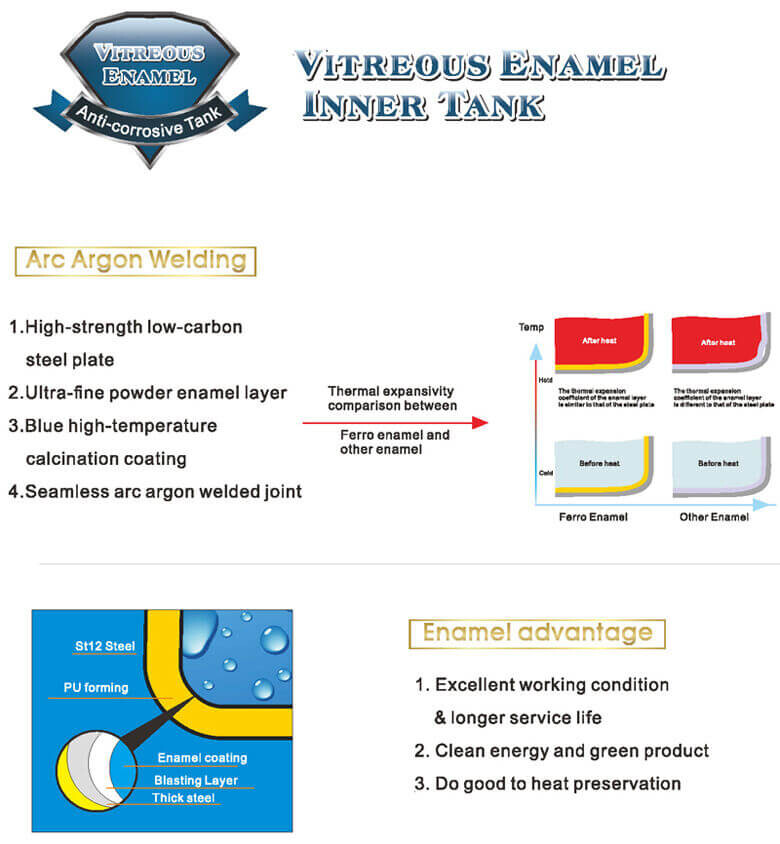
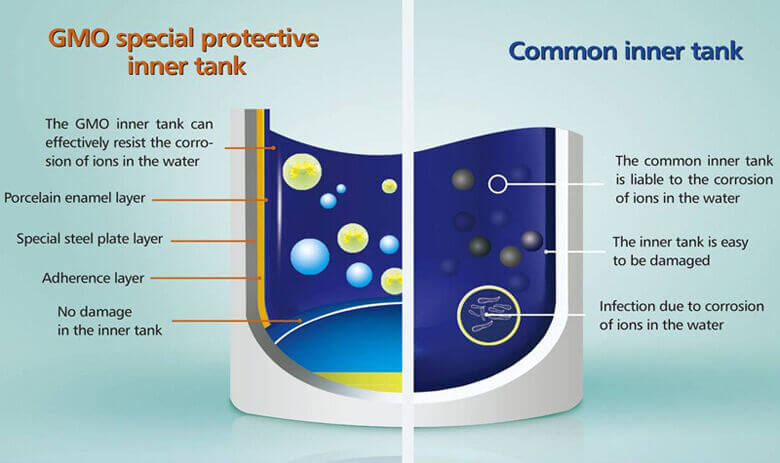
Downloads
Excellent working condition & longer service life: no leakage, rust-free, high strength and strong resistance to corrosion
Installation and manuals
Downloads
Excellent working condition & longer service life: no leakage, rust-free, high strength and strong resistance to corrosion
Product Catalogue
- Exporting Electric Water Heaters to Africa: Market Insights and Strategies
- Small-Capacity Electric Water Heaters in Africa: Market Preferences Across Key Countries
- How to know the quality of stainless steel electric heating element?
- What are the basic structures of stainless steel electric heating element?
- Let's Take A Look At The Inner Tank Material!
Warranty Information
Dingxin warrants for 2 years from the date of purchase, that the Product will: i) conform to Dingxin approval specification, ii) be free from defects in materials and workmanship, subject to conditions below. All electric components carry a 2-year warranty
Conditions
The Product is manufactured to suit most household water supplies. However, there are certain water chemistries (outlined below) that can have a detrimental effect on the Product and its life expectancy. If there are uncertainties regarding water quality, the local water supply authority can supply the necessary data. The warranty applies only if the conditions set out below are met in full:
• The Product has been installed by a professional installer, in accordance with the instructions in the installation manual and all relevant Codes of Practice and Regulations in force at the time of installation.
• The Product has not been modified in any way, tampered with or subjected to misuse and no factory fitted parts have been removed for unauthorized.
• Any disinfection has been carried out without affecting the Product in any way whatsoever. The Product shall be isolated from any system chlorination.
• The Product has been in regular use from the date of installation. If the Product is not intended to be used for 60 days or more, it must be drained.
• Service and/or repair shall be done according to the installation manual and all relevant codes of practice. Any replacement parts used shall be original DINGXIN i spare parts.
• Any third-party costs associated with any claim has been authorized in advance by DINGXIN in writing.
• The purchase invoice and/or installation invoice, a water sample as well as the defective product is made available to DINGXIN i upon request.
• Failure to follow these instructions and conditions may result in product failure, and water escaping from the Product.
Warranty Information
Dingxin warrants for 2 years from the date of purchase, that the Product will: i) conform to Dingxin approval specification, ii) be free from defects in materials and workmanship, subject to conditions below. All electric components carry a 2-year warranty
Limitations
The warranty does not cover:
• Any fault or costs arising from incorrect installation, incorrect application, lack of regular maintenance in accordance with the installation manual, neglect, accidental or malicious damage, misuse, any alteration, tampering or repair carried out by a non-professional, any fault arising from the tampering with or removal of any factory fitted safety components or measures.
• Any consequential damage or any indirect loss caused by any failure or malfunction of the Product whatsoever.
• Any pipework or any equipment connected to the Product.
• The effects of frost, lightning, voltage variation, lack of water, dry boiling, excess pressure or chlorination procedures.
• The effects of stagnant (de-aerated) water if the Product has been left unused for more than 60 days consecutively.
• Damage caused during transportation. Buyer shall give the carrier notice of such damage.
• Costs arising if the Product is not immediately accessible for servicing.
These warranties do not affect the Buyer’s statutory rights.
FAQ
Q1:How long does the order take?
A:Sample order will be finished within 15 days while normal order will be finished within 25-30 days after receiving deposit,
Q2:What are my WARRANTY OPTIONS on the water heaters you sell?
Dingxin Water Heater Company provides a basic, standard warranty. Our basic warranty is one year for full units or 1% spare parts service.
Q3:Do you accept OEM or ODM orders?
A:Yes, Our R&D team will offer one stop service for you from original idea to finished product.
Q4:What’s the MOQ?
A: Normally MOQ is 1*20 ft container(trial order's quantity is negotiable)
Q5:How can I visit your factory?
A: Sure,Our factory is located in Shaoxing Shengzhou, China, near to Hangzhou Airport and Ningbo Airport .You are always welcome to visit us! We will offer pick up service and free accomodation.
Q6:When can I get the price?
A:Within 24 hours after we get your inquiry.
Q7:Can you offer sample for quality check before order ?
A:Yes , we provide sample service before mass order.
Q8: what other size water heater you have ?
A: We have storage models of 8L\10L\15L\30L\50L\60L\80L\100L\120L\150L,and besides storage model,we also work on instant models,and gas models.
Q9: Can the price be cheaper?
A: Price always follows its quality and we will offer truthful opinion on the marketing strategy on pricing and quality orientation.
Q10: What payment terms?
A: T/T; L/C,West Union or other payment term negotiable
Please give us a message

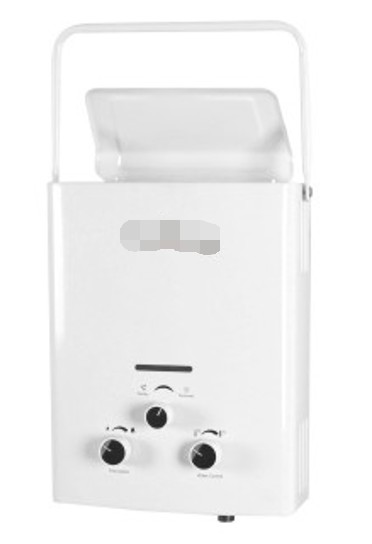
![893)U`M[9BLX$MV8RQ7QH]X.png 893)U`M[9BLX$MV8RQ7QH]X.png](https://d.bjyyb.net/sites/64000/64166/20210919100437901.png@!jw1200)
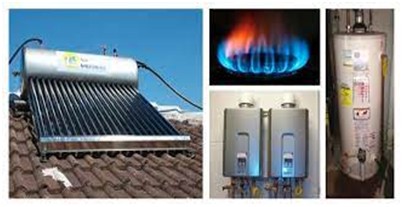
![DTLP}4A~]QMHJ3V86DF9$S7.png DTLP}4A~]QMHJ3V86DF9$S7.png](https://d.bjyyb.net/sites/64000/64166/20210919100441969.png@!jw1200)
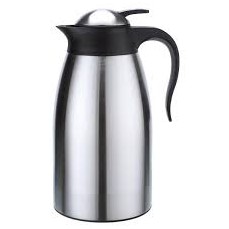
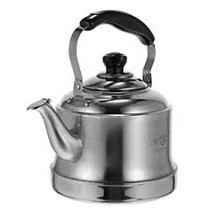
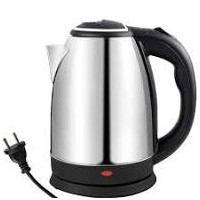
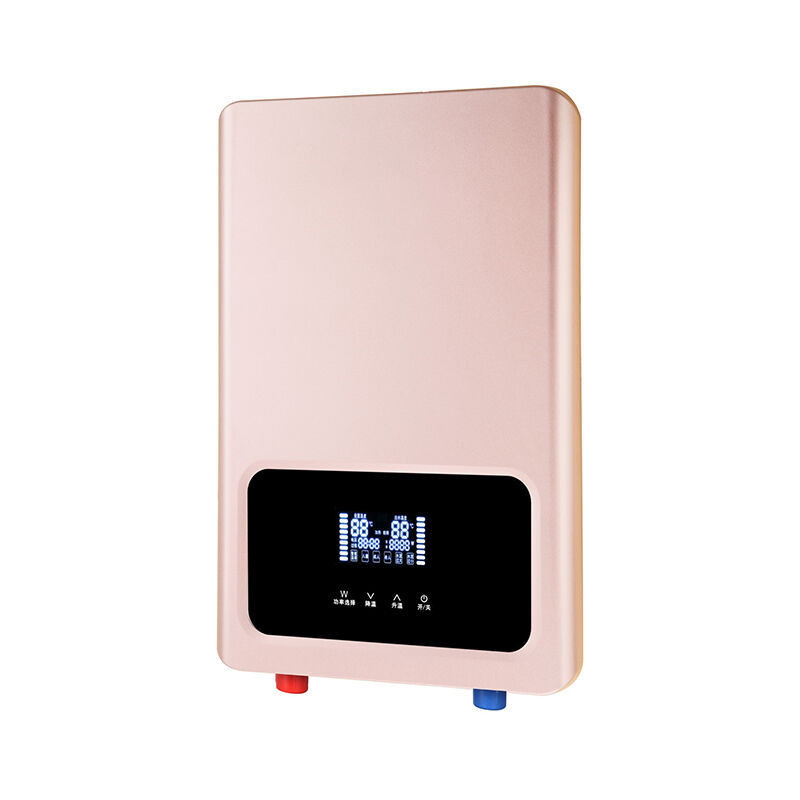
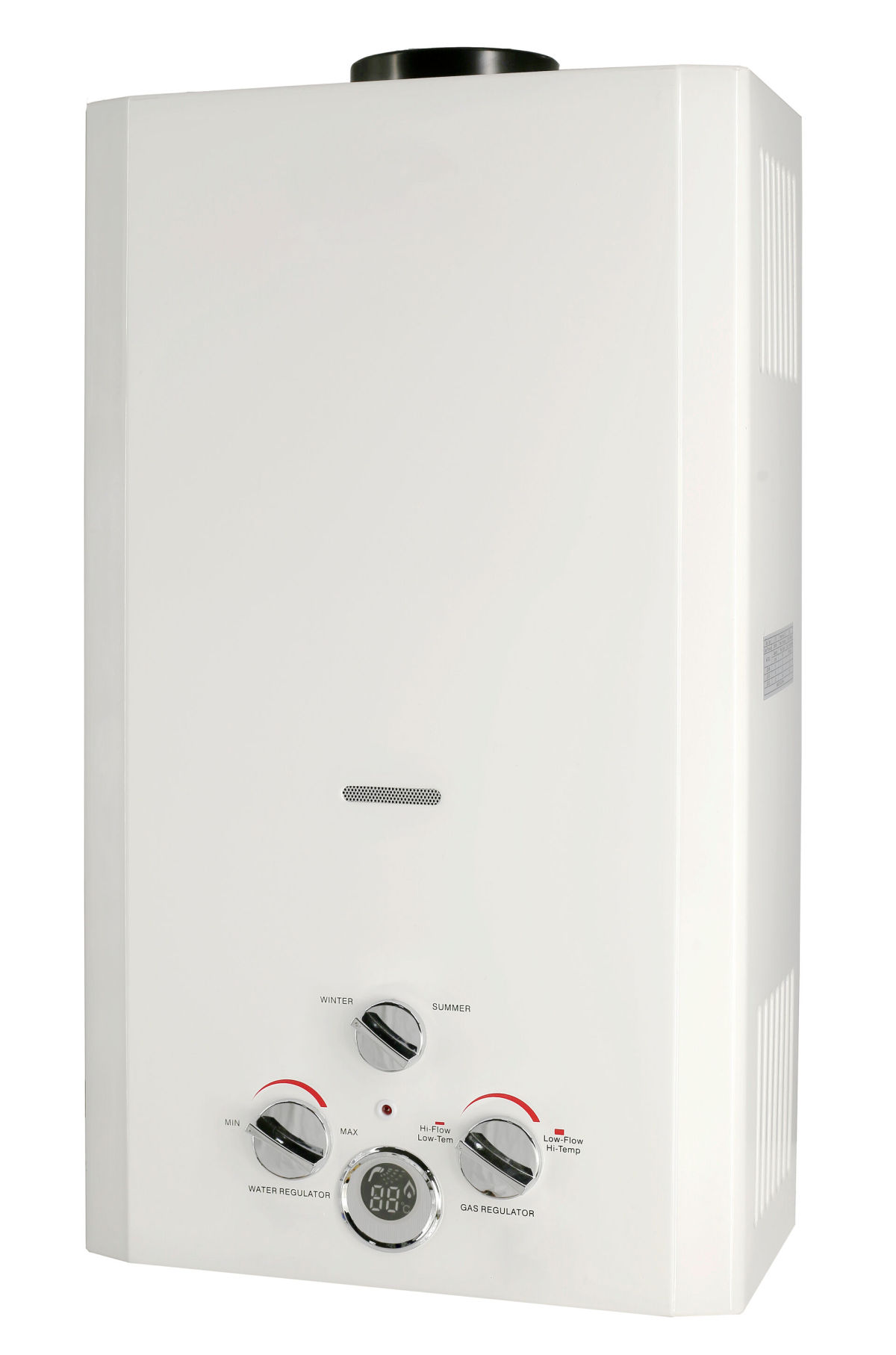
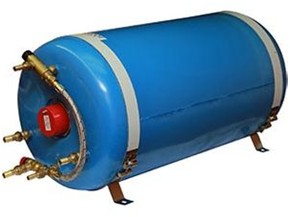
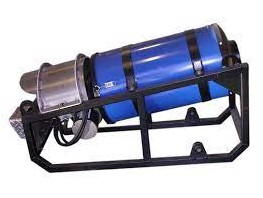
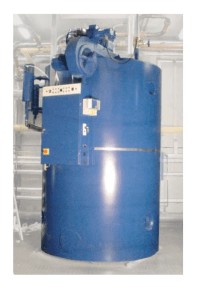
![H7UJ1WZIR8UJM0N}%YF2Y]K.png H7UJ1WZIR8UJM0N}%YF2Y]K.png](https://d.bjyyb.net/sites/64000/64166/20210919100446738.png@!jw1200)
